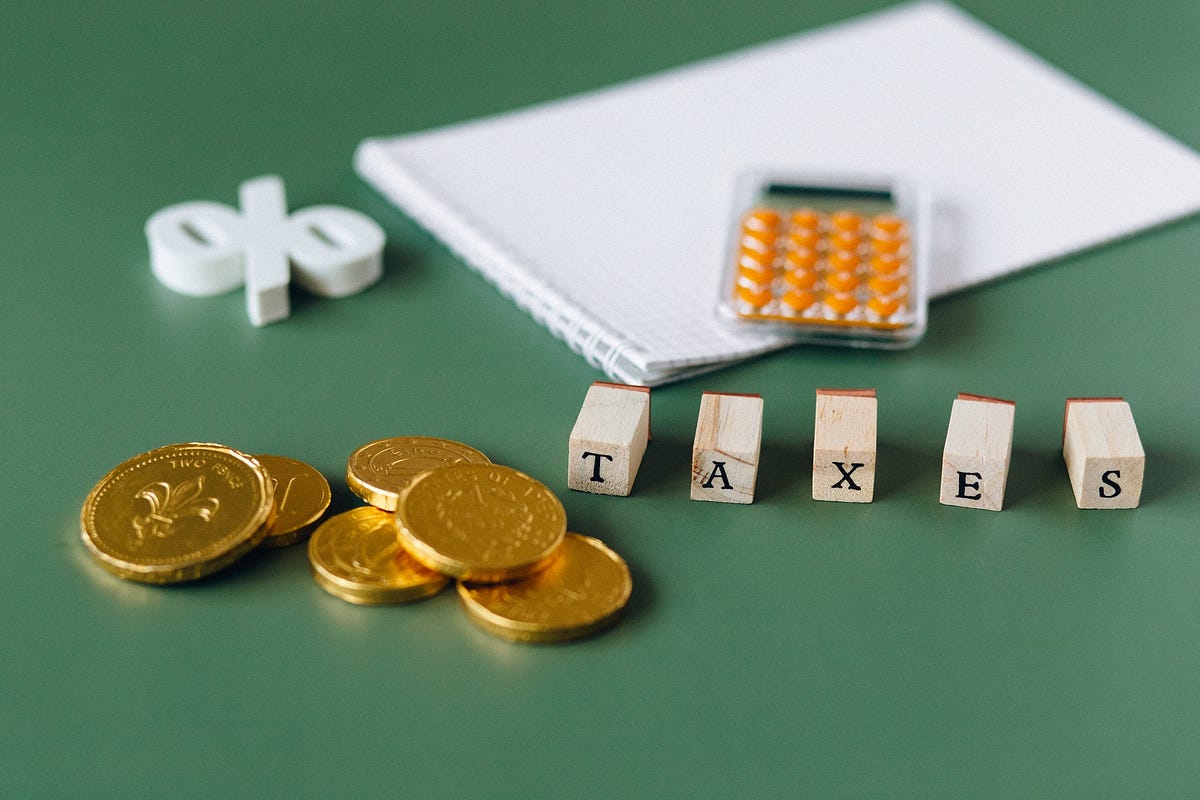Silence&Motion
Senior Member
No chance that Smith was going to lose this riding. Getting more than 50% means she avoids total embarrassment of losing the majority to an NDP-AP vote split in her hand-picked riding. It gives her a chance to boast about beating the NDP by 28 points and throwing around terms like "blow out" and "landslide".
However, looking more carefully, there are plenty of things to give the UCP pause.
1. The 28 point win was down from 43 points in 2019.
2. The centre/left parties yesterday won 43% of the vote, which was up from only 26% in 2019. Smith basically consolidated all of the right-wing votes and still won significantly less than in 2019.
3. When Kenney ran in a by-election in 2017, he won 72% of the vote, beating the NDP by 55 points.
4. The NDP won all the voting districts in Medicine Hat, which means the UCP can't take smaller cities for granted.
5. If the Alberta Party had come even second place, they could have promoted themselves as viable contenders in 2023. But they came a distant 3rd.
However, looking more carefully, there are plenty of things to give the UCP pause.
1. The 28 point win was down from 43 points in 2019.
2. The centre/left parties yesterday won 43% of the vote, which was up from only 26% in 2019. Smith basically consolidated all of the right-wing votes and still won significantly less than in 2019.
3. When Kenney ran in a by-election in 2017, he won 72% of the vote, beating the NDP by 55 points.
4. The NDP won all the voting districts in Medicine Hat, which means the UCP can't take smaller cities for granted.
5. If the Alberta Party had come even second place, they could have promoted themselves as viable contenders in 2023. But they came a distant 3rd.





